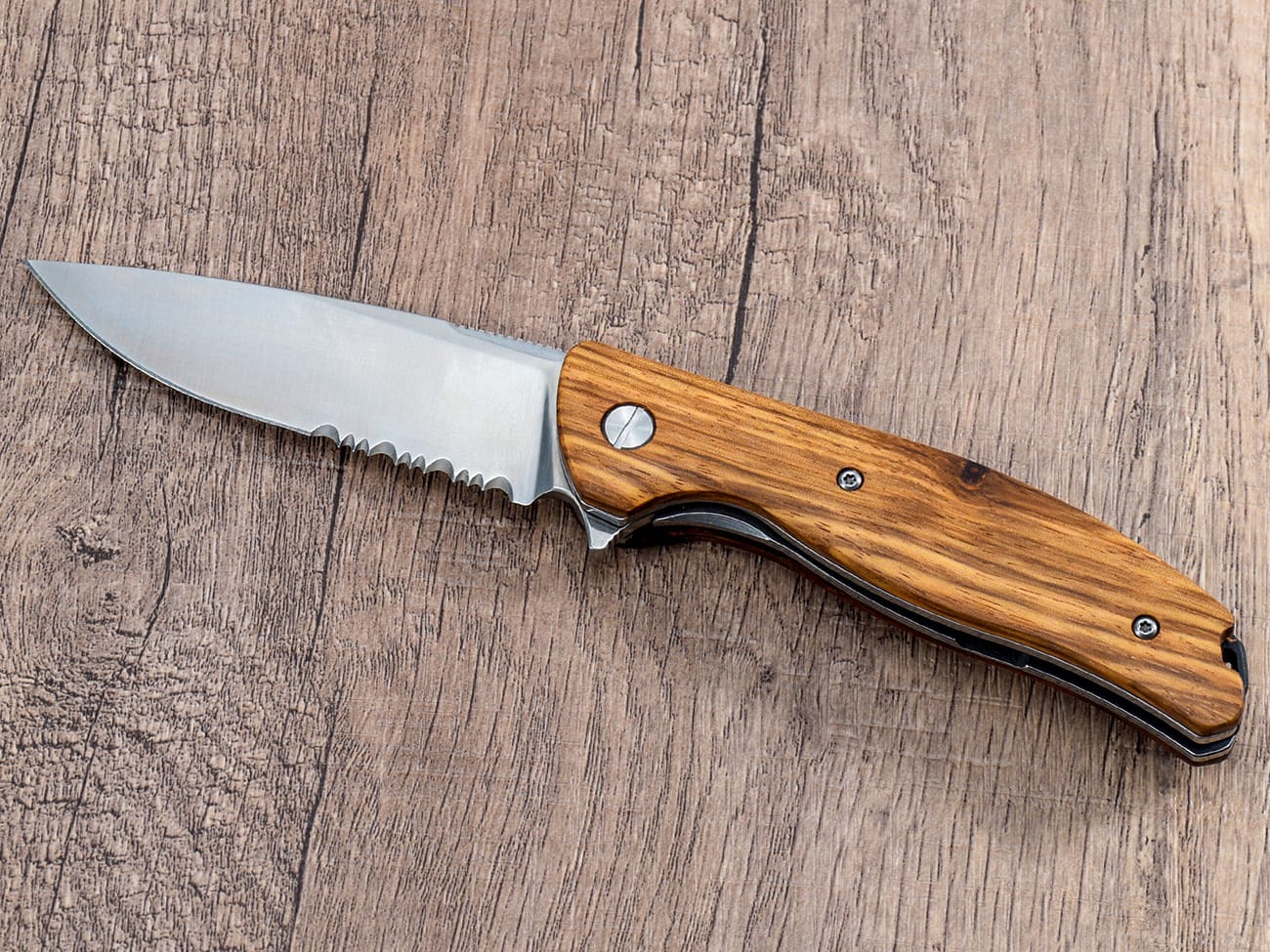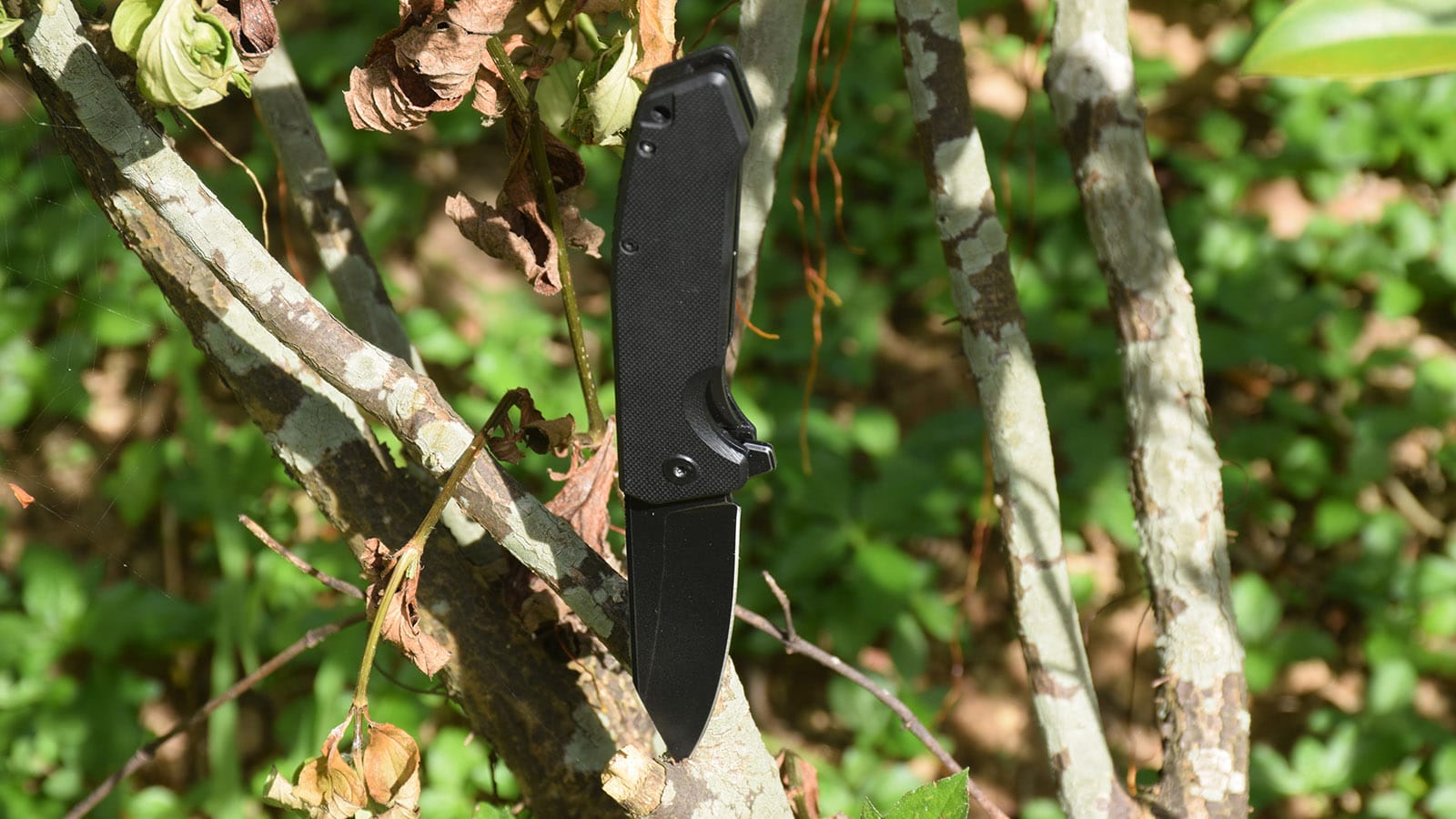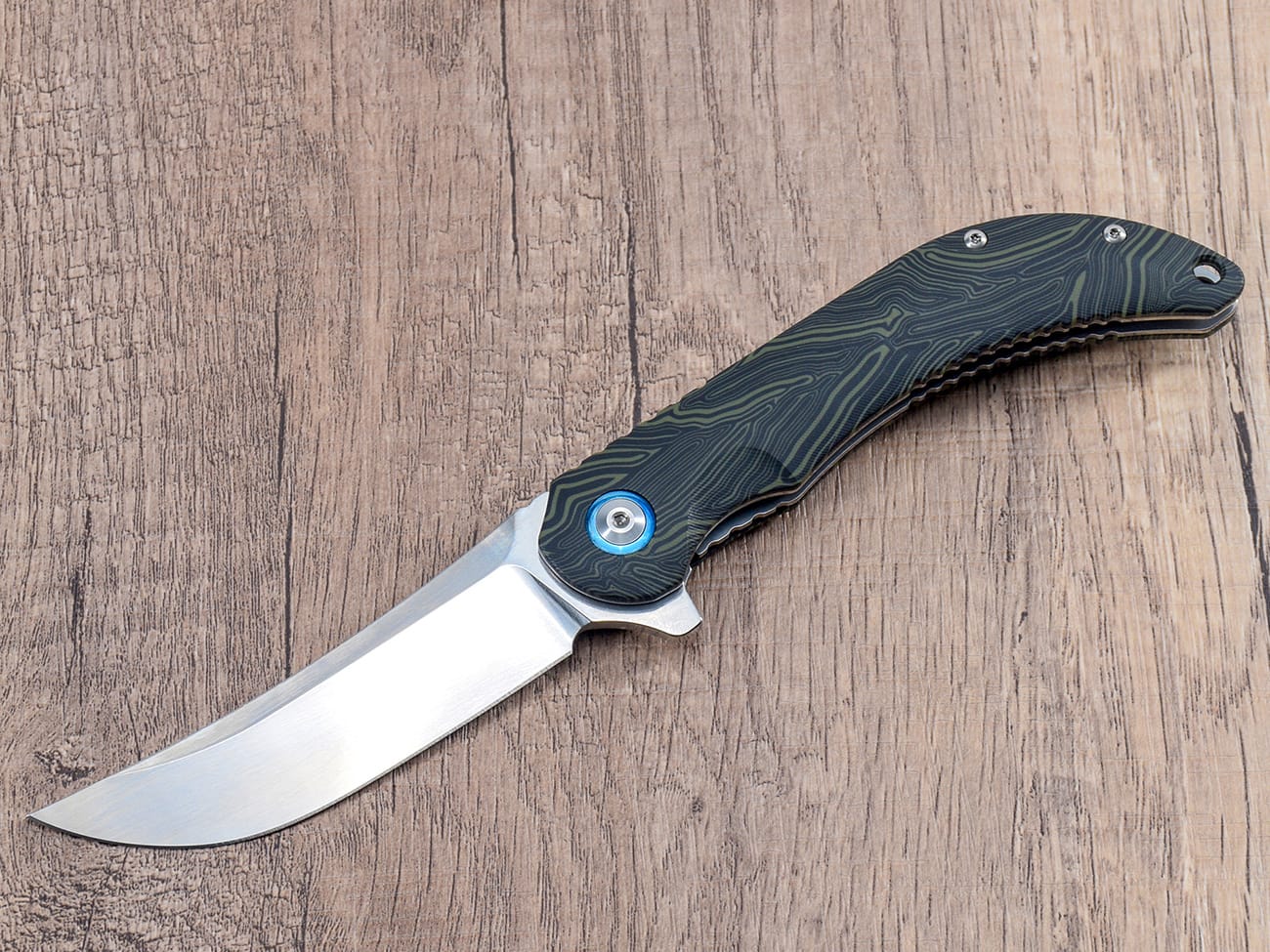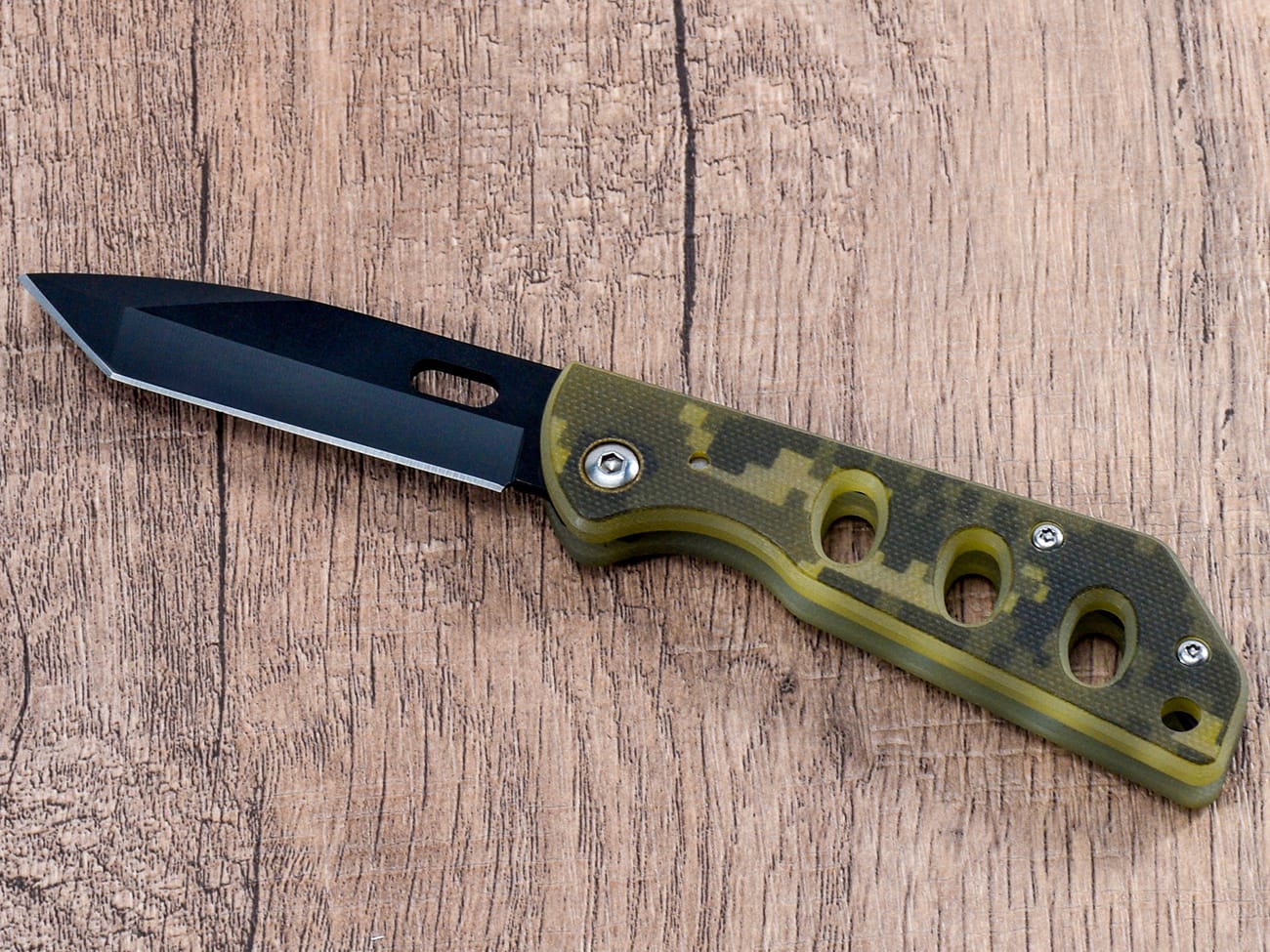Are you aware that a dull knife is actually more dangerous than a sharp one? This might seem counterintuitive, but it’s a fact that professional chefs and kitchen safety experts have long emphasized. In this article, we’ll explore the various reasons why using a dull knife can be unsafe, and why keeping your knives sharp is crucial for both safety and efficiency in the kitchen. Whether you’re a home cook or a professional chef, understanding the importance of knife sharpness is essential for maintaining a safe and productive kitchen environment.
Why Is It Unsafe to Use a Dull Knife?
1. Increased Risk of Slipping: How Dull Blades Lead to Accidents
When using a dull knife, you need to apply more pressure to cut through food. This increased force can cause the blade to slip unexpectedly, potentially leading to serious injuries. A sharp knife, on the other hand, requires less pressure and is less likely to slip, making it safer to use.
2. Lack of Precision: Why Dull Knives Make Cutting More Difficult
A dull blade doesn’t cut cleanly through food, making precise cuts challenging. This lack of precision can lead to uneven cuts and increase the risk of accidents as you struggle to control the knife. Sharp knives allow for more accurate and controlled cutting, reducing the likelihood of mishaps.
3. Increased Fatigue: How Dull Knives Tire You Out Faster
Using a dull knife requires more effort and can quickly lead to hand and wrist fatigue. This fatigue not only makes cooking less enjoyable but also increases the risk of accidents as your control over the knife diminishes. Keeping your knives sharp helps reduce fatigue and maintains your control throughout food preparation.
4. Crushing Instead of Cutting: Why Dull Blades Damage Food
A dull knife tends to crush or tear food rather than cleanly slicing through it. This not only affects the appearance and texture of your ingredients but can also make cutting more dangerous. The extra force required to push through food can cause sudden movements, increasing the risk of injury.
5. Unexpected Behavior: How Dull Knives Can Surprise You
Dull knives often behave unpredictably when cutting through food. They may suddenly slip or get stuck, catching you off guard and potentially leading to accidents. Sharp knives, in contrast, provide more consistent and predictable cutting performance.
6. Poor Technique Development: Can Using a Dull Knife Affect Your Skills?
Consistently using a dull knife can lead to the development of poor cutting techniques. You may find yourself using excessive force or adopting awkward hand positions to compensate for the lack of sharpness. These bad habits can be hard to break and may increase your risk of injury even when using a sharp knife.
7. Increased Preparation Time: How Dull Knives Slow You Down
A dull knife significantly slows down food preparation, which can lead to rushed and careless cutting as you try to make up for lost time. This haste can result in accidents and injuries. Sharp knives allow for efficient and safe food preparation, reducing the temptation to rush.
8. Psychological Factors: Why Dull Knives Can Make You Nervous
Using a dull knife can make you feel nervous or anxious about cutting, especially when dealing with tough ingredients. This psychological discomfort can lead to hesitation or sudden movements, both of which increase the risk of accidents. A sharp knife instills confidence and promotes safer cutting practices.
9. Maintenance Issues: How Neglecting Sharpness Affects Overall Knife Care
Allowing your knives to become dull is often a sign of overall neglect in knife maintenance. This neglect can extend to other aspects of knife care, such as proper storage and cleaning, further compromising safety. Regular sharpening encourages overall better knife maintenance habits.
10. Economic Impact: Is Using a Dull Knife Costing You More Than You Think?
While it might not seem directly related to safety, the economic impact of using dull knives can indirectly affect kitchen safety. Dull knives can damage food, leading to waste and increased costs. This financial pressure might cause you to rush or cut corners in the kitchen, potentially compromising safety.

A sharp knife is essential for safe and efficient food preparation
The Science Behind Knife Sharpness
To truly understand why a dull knife is unsafe, it’s important to delve into the science behind knife sharpness. At a microscopic level, a sharp blade has a fine, even edge that easily slices through materials. In contrast, a dull blade has an uneven, rounded edge that requires more force to push through food.When you use a sharp knife, it cleanly separates the fibers or cells of the food you’re cutting. This requires minimal force and results in a smooth, controlled cut. A dull knife, however, must tear and crush its way through the food, requiring much more force and resulting in less control.The physics of cutting with a sharp blade versus a dull one also plays a role in safety. A sharp blade converts more of the applied force into cutting action, while a dull blade wastes energy in friction and crushing. This inefficiency is what leads to the increased risk of slips and accidents.
Proper Knife Maintenance: Keeping Your Blades Sharp and Safe
Maintaining sharp knives is crucial for kitchen safety. Here are some tips to keep your knives in top condition:
- Regular honing: Use a honing steel to realign the edge of your knife before each use.
- Periodic sharpening: Sharpen your knives every few months, or when you notice they’re not cutting as efficiently.
- Proper storage: Store knives in a knife block or on a magnetic strip to protect the edges.
- Correct cutting surface: Always use a cutting board to prevent dulling the blade.
- Hand washing: Wash knives by hand and dry immediately to prevent damage and corrosion.
Remember, a well-maintained knife is a safer knife. By keeping your blades sharp, you’re not only improving your cooking experience but also significantly reducing the risk of kitchen accidents.
Choosing the Right Knife for the Job
Using the right knife for each task is another crucial aspect of kitchen safety. Different knives are designed for specific purposes, and using the wrong type of knife can be just as dangerous as using a dull one. Here’s a quick guide to some common kitchen knives and their uses:
- Chef’s knife: An all-purpose knife for chopping, slicing, and dicing.
- Paring knife: For peeling and intricate cutting tasks.
- Serrated knife: Ideal for slicing bread and soft fruits.
- Boning knife: For removing bones from meat and fish.
- Utility knife: A versatile knife for various small cutting tasks.
By using the right knife for each job, you ensure that you’re working safely and efficiently in the kitchen.
The Role of Proper Cutting Technique
Even with a sharp knife, proper cutting technique is essential for safety. Here are some key points to remember:
- Keep your fingers curled under when holding food, using your knuckles as a guide for the knife.
- Use a stable cutting board that doesn’t slip.
- Let the knife do the work – avoid using excessive force.
- Keep your eyes on the blade at all times.
- Take your time and avoid distractions while cutting.
Combining these techniques with a sharp knife significantly reduces your risk of kitchen accidents.
Conclusion: Embracing Knife Safety in Your Kitchen
In conclusion, using a dull knife is indeed unsafe and can lead to various risks in the kitchen. By understanding the importance of knife sharpness and maintaining your knives properly, you can create a safer and more efficient cooking environment. Remember these key points:
- Sharp knives are actually safer than dull ones.
- Regular maintenance is crucial for knife safety and performance.
- Using the right knife for each task enhances safety and efficiency.
- Proper cutting technique is essential, even with sharp knives.
- Investing time in knife care and skill development pays off in kitchen safety.
By embracing these principles, you’ll not only improve your culinary skills but also significantly reduce the risk of kitchen accidents. Stay safe, keep your knives sharp, and enjoy your time in the kitchen!




